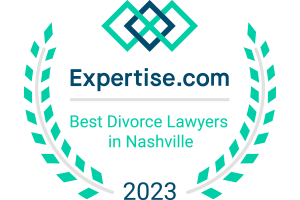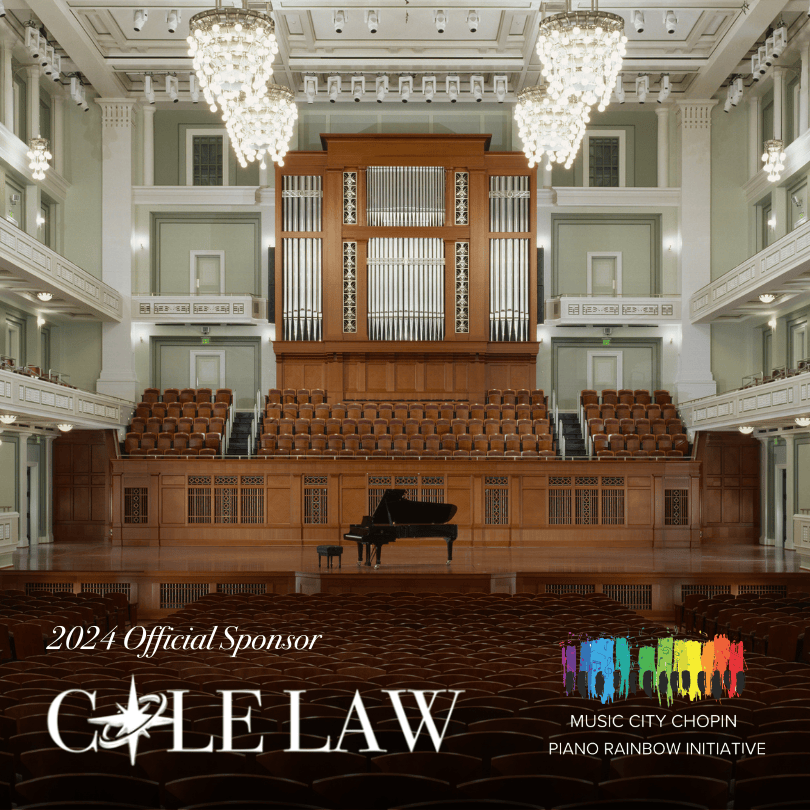When Nashville’s Music Note dropped on Broadway it not only marked the start of the new year in Tennessee, but also triggered several new laws for the State’s residents to be aware of. The following list aims to identify the relevant portions of many laws passed by the Tennessee 113th General Assembly that went into…
Continue reading ›Cole Law Group Blog
Cole Law is proud to be a sponsor of Music City Chopin’s recent initiative, the Piano Rainbow Program, which will donate ten beautiful upright pianos to metro schools and community centers located in under-resourced and underprivileged areas across Nashville. Music City Chopin provides these wonderful instruments free of charge, as well as mentorship, artistic guidance,…
Continue reading ›We are pleased to announce that Andy Goldstein, Managing Shareholder of Cole Law Group, PC, has been selected once again to the Super Lawyers Mid-South Rising Star list. Each year, no more than 2.5 percent of lawyers in the state are selected to receive this honor. Super Lawyers selects attorneys using a patented multiphase process…
Continue reading ›Hurricane Helene has left a devastating impact on Appalachian Mountain communities, displacing families and causing widespread damage. At Cole Law Group, we believe in standing with those affected by natural disasters. That’s why we are supporting “We Must Protect,” Tulsi Gabbard’s fundraising effort aimed at raising awareness and providing the necessary resources to support victims…
Continue reading ›I am getting divorced, should I file for an Order of Protection? If you fear for your immediate safety or are in danger due to domestic violence, do not wait—call 911 right away. Law enforcement can intervene to ensure your protection and help you access emergency resources, such as shelter or medical care. While seeking…
Continue reading ›In a recent interview which aired on WKRN News 2 Nashville, Todd Cole of Cole Law Group provided feedback on the anticipated salary increases for many American workers this summer. As an employment attorney, his insights are particularly relevant in the current economic climate where inflation and cost of living adjustments are top concerns for…
Continue reading ›When facing the complexities of divorce or child custody litigation, having a competent and compassionate divorce attorney by your side can make all the difference. However, choosing the right legal counsel can be difficult. Here are a few helpful tips to keep in mind when selecting your attorney: Lawyers can have experience in multiple areas…
Continue reading ›When I first started programming many years ago, there was a BASIC program known as “Eliza” that employed early natural language processing — you could enter sentences on the keyboard, and Eliza would output her response to you on a monitor. Essentially, the program’s premise was that Eliza was your psychotherapist and if you made…
Continue reading ›How do I get my ex to move out? Legally speaking, I cannot recommend you harass your ex or engage in any threatening or harassing behavior to remove them from your home. Engaging in such behavior may have negative legal consequences. However, there are legal ways to get your ex to move out. Breaking up…
Continue reading ›Cole Law is proud to announce that Managing Shareholder Andy Goldstein has been selected to the Super Lawyers 2023 Mid-South Rising Stars list. Each year, no more than 2.5 percent of lawyers in Tennessee are selected by the research team at Super Lawyers to receive this honor. Super Lawyers, part of Thomson Reuters, is a…
Continue reading ›





















